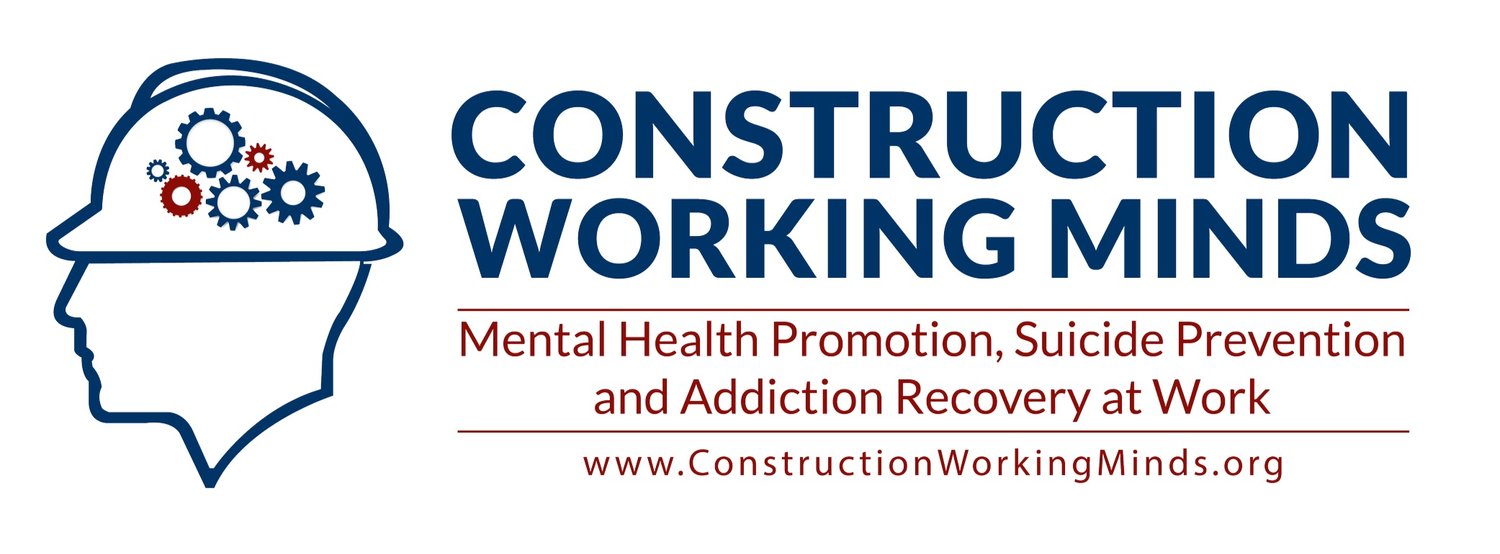Toolbox Talk #1
Practicing a Conversation for Life: Notice, Ask, Listen Support and Follow-up
Starting courageous conversations about mental health isn’t easy. We can learn the basic steps, but unless we practice and put them into our own language, we are likely to forget them. Let’s imagine what we might do in this common scenario.
For example, you notice that someone on your team has been going out to the bar a lot after work. She or he is not always getting to work on time and seems pretty distracted.
Tell them you have noticed something is wrong. What types of things might you say? Get 2-4 examples from your team.
Ask them if there are some ways you can help. Get 2-4 examples from your team.
Let them know that the EAP and/or wellness coach can help them make a plan to feel better. Get a few examples of how they might offer this resource.
Offer to do an alcohol-free activity with them outside of work. Get 2-4 examples from your team.
Check in with them after a few days to see how things are going. Get a few examples of how they might check in.
Escalate intervention if no improvement seen in attitude or behavior. Consult with EAP or other mental health professional.
““I know one person who killed himself and three more that OD’d. That’s a lot. A lot of guys just don’t think that they measure up, and all day they are just told to get it done, get it done, get it done.””
Toolbox Talk #2
World Suicide Prevention Day is September 10th Every Year
Field Manager Presentation:
Today, we are recognizing World Suicide Prevention Day. The safety of our employees is a high priority for us. Suicide is a major health and safety issue. The pain that leads people to take their lives is hard to imagine. Their deaths leave families and friends grieving, and often have a huge effect on communities.
Every year, over 800,000 people die from suicide globally; this is about one person dying every 40 seconds. The number of lives lost each year from suicide is more than the number of deaths from murder and war combined.
Mental health challenges (especially depression and alcohol use) are a major risk factor for suicide. World Suicide Prevention Day brings together individuals and organizations with an interest in suicide prevention, and mobilizes efforts to save lives.
Connectedness is crucial to people who might consider suicide. We know that isolation can increase the risk of suicide and, that having strong human bonds can be protect people from it. Reaching out to those who have become disconnected from others and offering them support and friendship can be a life-saving act.
More info on World Suicide Prevention Day: iasp.info/wspd


